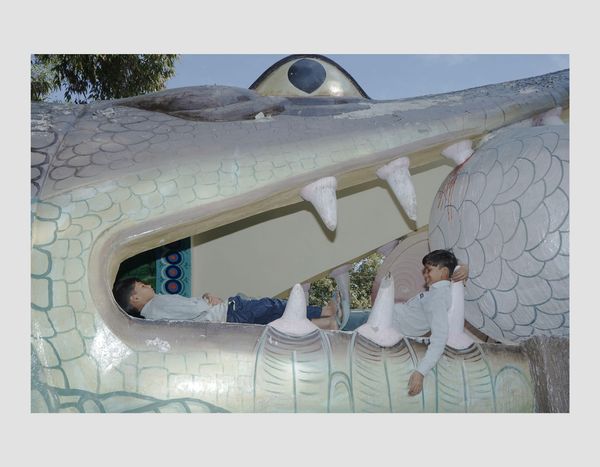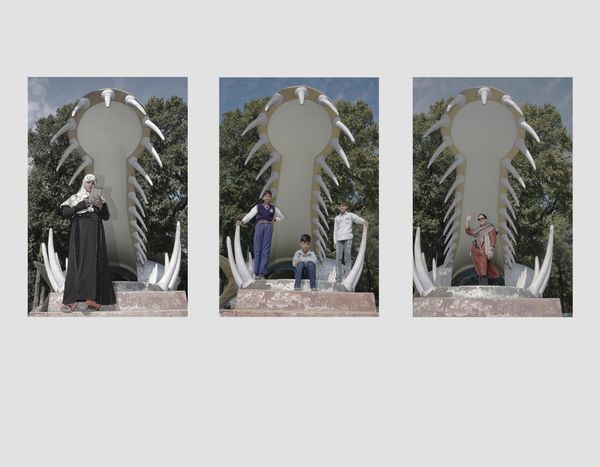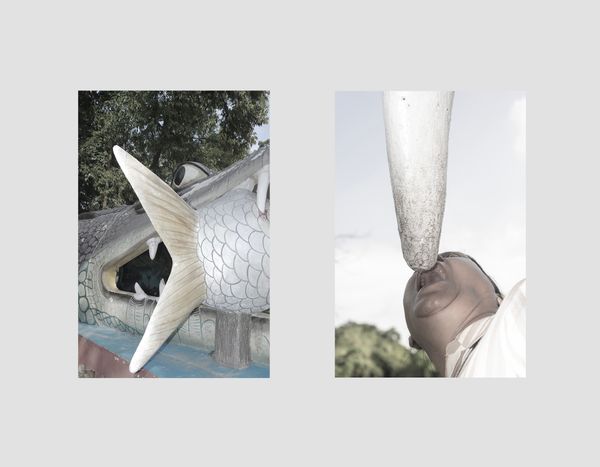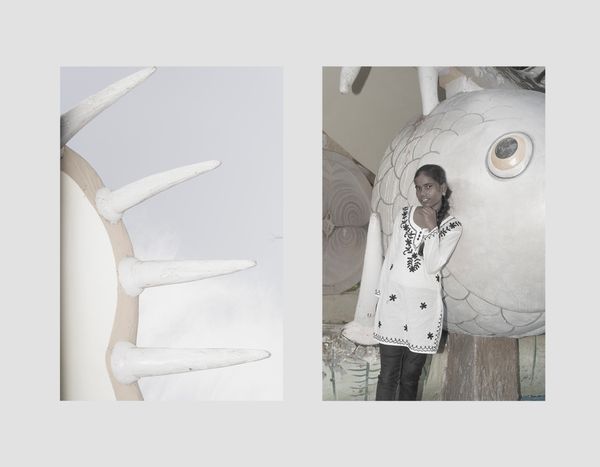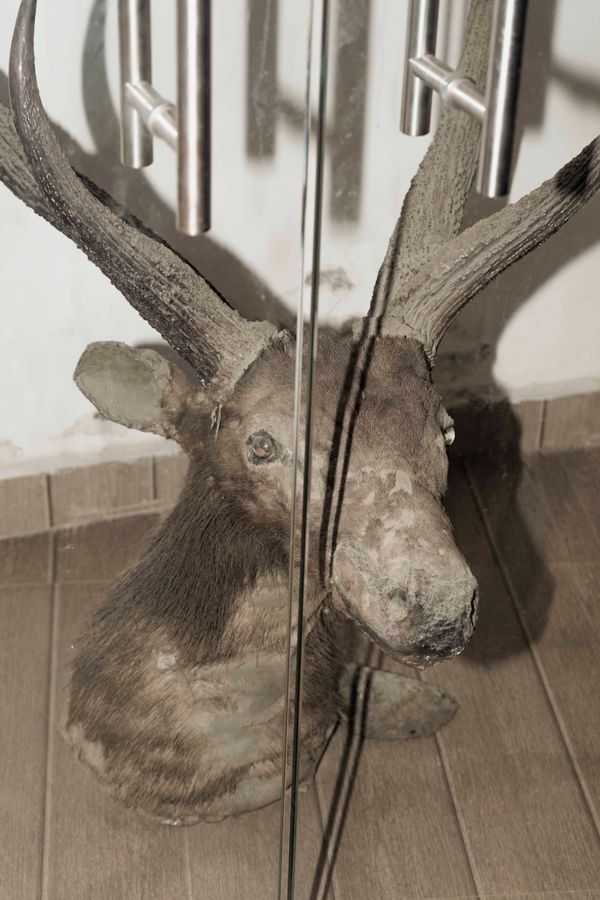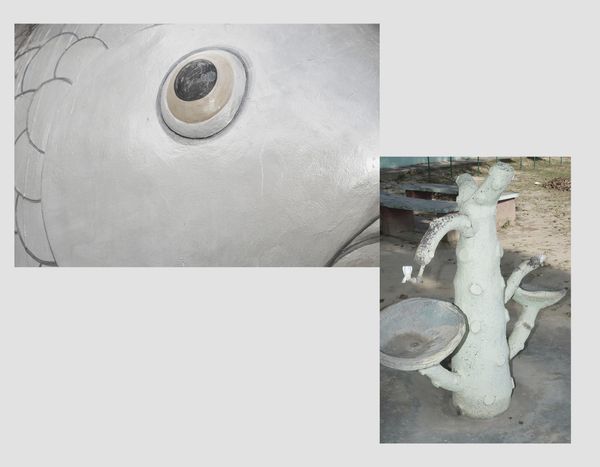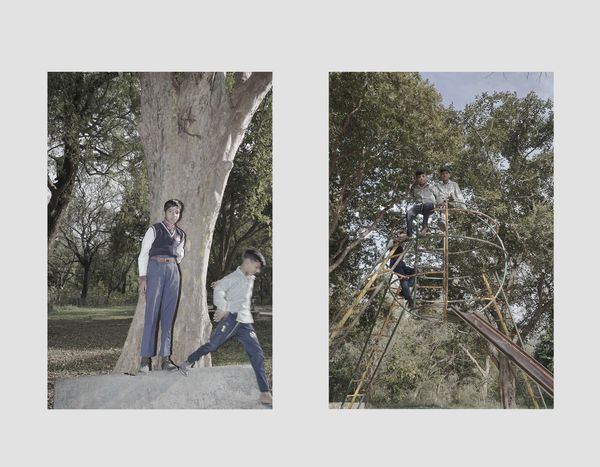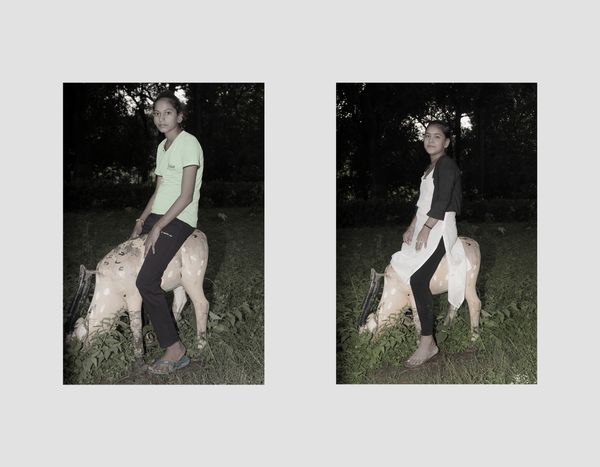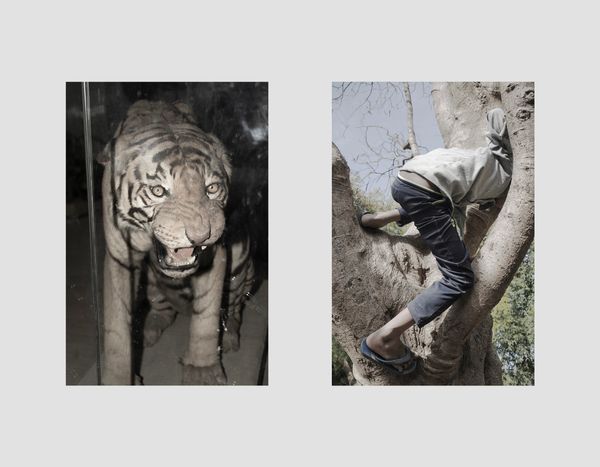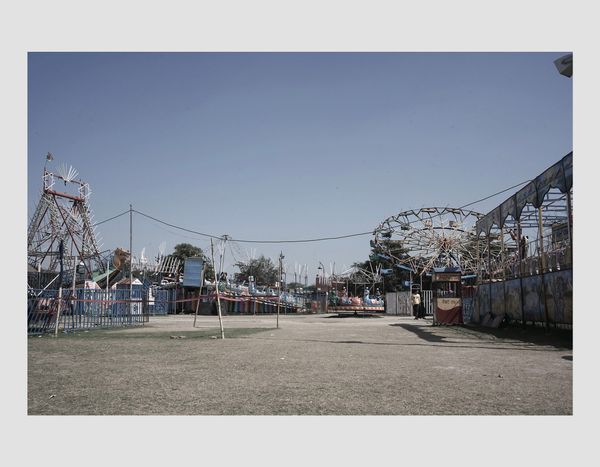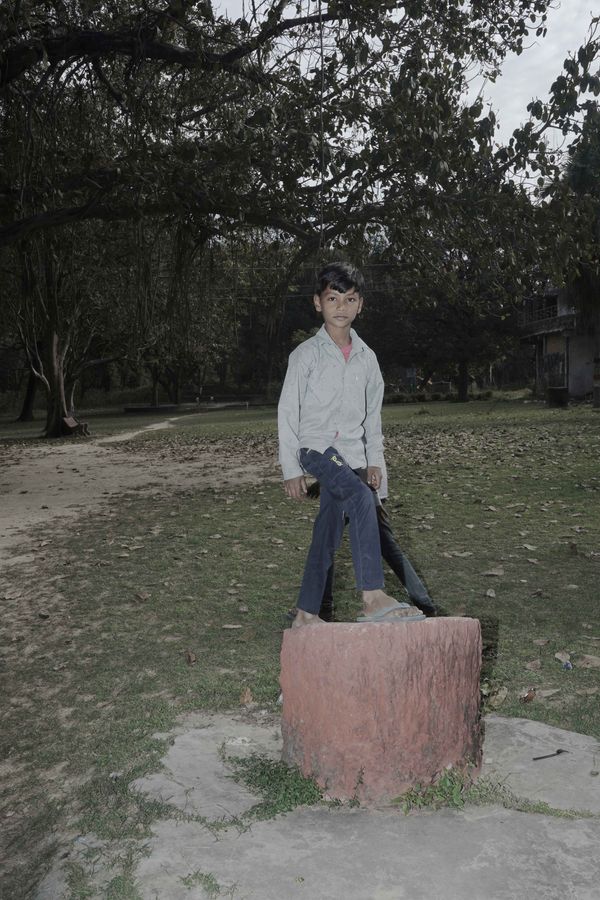Udyan/Oasis
-
Dates2024 - Ongoing
-
Author
- Location Lucknow, India
The journey of integration requires recognizing how societal structures, ideologies, and actions perpetuate violence, oppression, and suffering—often under seemingly benign intentions.
The individual must confront and integrate their shadow—the unconscious aspects of the personality that they deny or are unaware of. This confrontation is not just a personal journey, but also a collective one, where each person contributes to and is affected by the broader collective shadow of society. Jung emphasized that by facing the shadow, whether personal or collective, one begins to reclaim parts of the self that were previously repressed or ignored. The integration of the shadow leads to greater self-awareness, psychological maturity, and a more conscious and compassionate relationship with both oneself and the external world.
In terms of the collective shadow, the journey of integration requires recognizing how societal structures, ideologies, and actions perpetuate violence, oppression, and suffering—often under seemingly benign intentions, as in the example of missionary activity. This awareness allows individuals and societies to confront the darker aspects of their history and behavior, taking responsibility for current injustices and working towards healing and transformation.
Without this process of integration, both individuals and societies are at risk of remaining trapped in cycles of projection, where the "evil" is always seen as something external, embodied in others, rather than recognized as a reflection of one's own disowned aspects. This externalization leads to conflict, discrimination, and continued suffering, making the work of self-awareness and shadow integration a moral and ethical imperative for both individuals and societies.
